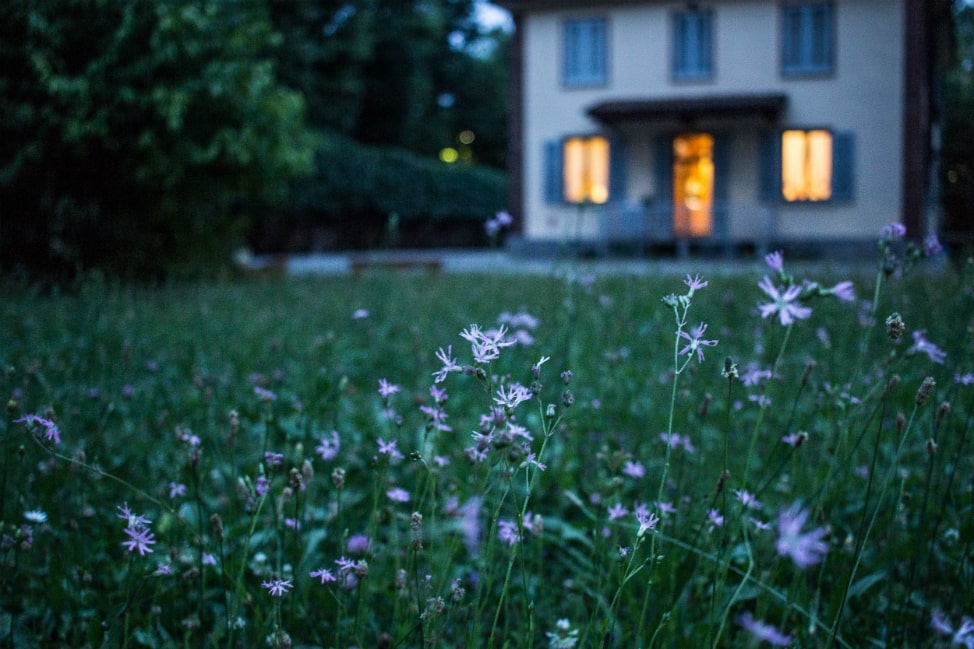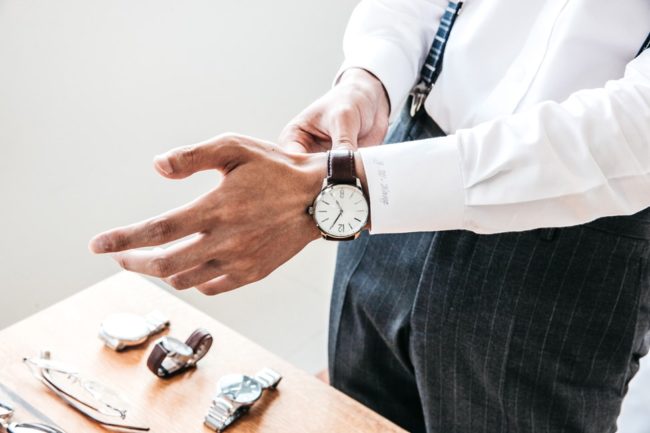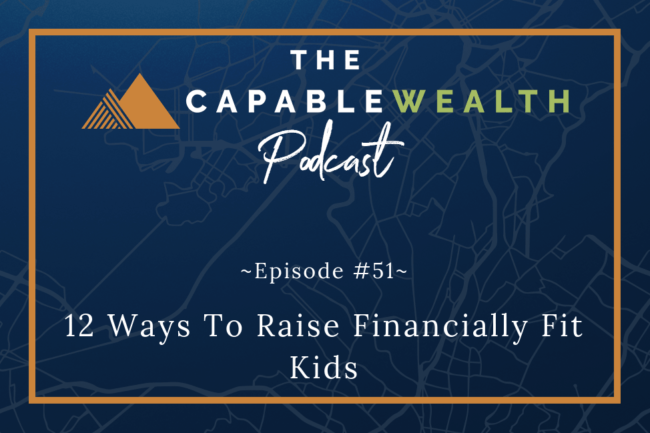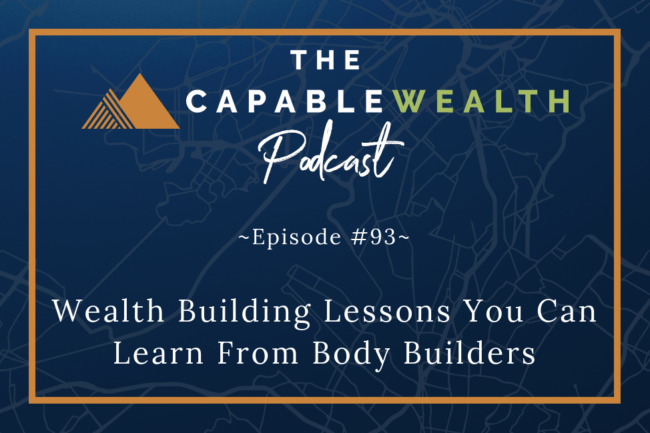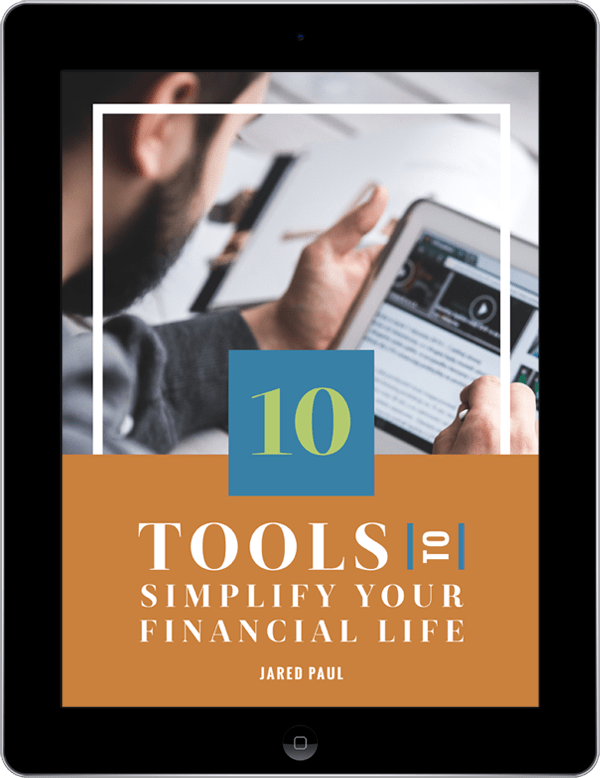Buying a home has been a part of the “American Dream” for decades.
It has become so ingrained in our society that many people don’t quite feel like they’ve reached adulthood until they can post a pic of themselves in front of their new house with a fresh set of keys.
We’re not going to debate the merits of purchasing a home, though – that was in another post.
[3 Reasons Why You Shouldn’t Buy A Home]
What I do want to cover today is a question I’ve been getting a lot: “Should I purchase a home with a 20% down payment?”
If you ask around, you’re bound to get differing answers to this question. And for good reason. There are several pros and cons to this decision.
So, let’s dive into them.
A FEW COMMON OBJECTIONS TO PUTTING LESS THAN 20% DOWN
There are three main points I hear people use as reasons you should be coming to the closing table with at least 20% of the purchase price.
1 – YOU’RE GOING TO BE PAYING PMI
Private Mortgage Insurance is an additional fee you pay if you are not putting up 20% of the down payment.
The reason for this is the bank (and government) see you as a higher risk, and therefore demand an additional level of insurance to protect the money they are loaning you for the purchase.
2 – BY TAKING OUT MORE OF A LOAN YOU WILL PAY MORE INTEREST
It’s simple – by borrowing more money you are paying interest on a larger loan balance. So, over the course of the mortgage you’ll pay more total interest.
3 – HIGHER MONTHLY PAYMENTS
Many people think of the cost of home ownership in terms of their monthly payment. There are a number of reasons you shouldn’t do this, but we aren’t going to fret over that right now.
If you are borrowing more money, paying interest on more money, and also paying higher amounts of fees in the form of PMI, your monthly payment is going to be higher.
IS IT AN INVESTMENT PROPERTY OR PRIMARY RESIDENCE?
I think one of the first questions a person needs to answer is “what is the purpose of the piece of real estate?”
Is this going to be a primary residence that you’ll live in with your family, or is it a multi-unit investment property where you’re planning to rent out some of the units?
Most people you speak to will probably say it is as a primary residence. There just aren’t as many investors as there are people buying real estate as a family home.
So, why does this matter?
The main reason this is important is because an investment property is going to provide you income that can help pay for the cost of ownership. Things like mortgage, insurance, taxes, maintenance and repairs, and on and on.
The burden of ownership doesn’t fall solely on you.
A smart investor will purchase a property that demands a rental rate that pays above and beyond the mortgage payment, providing positive cash flow to the owner. This means you are actually profiting from owning the property, not even factoring in the equity built up over time from paying down the mortgage.
If you are buying the home as a primary residence, sure, you’ll still build up equity ownership. But, if there are any issues to take care of – like replacing a roof – you’d better have saved up enough money, because you’re the only one paying for it!
INVESTORS HAVE MORE LEEWAY
The reason this is all important is because if you are not paying for the majority of the mortgage, then adding a little on to it isn’t going to really hurt you that much.
For example: If you are buying a property that would result in a $1,800/month mortgage payment, but you can rent it out half for $1,200, then the addition of some extra interest and fees isn’t going to make or break the deal.
However, if you are planning to buy and live in a single-family property, and money is already tight, then a couple hundred dollars extra each month in payments could put a real strain on you.
For an investor, it’s all about the numbers. If the property is still cash-flowing positive even if you only put down 5%, then you’re good to go.
HOW IS YOUR LIQUIDITY?
Another big point that is often neglected is the liquidity of the home purchaser.
Liquidity is just how much cash you have readily available and easily accessible, if needed.
If we think back to those expenses I mentioned earlier – like having to pay for a new roof – how many people have an extra $5,000 – $10,000 lying around?
If a person uses up all of their cash in order to meet the 20% down payment threshold, they are leaving themselves open to risk.
For a lot of people, it could make sense to keep some money set aside in case things go wrong.
REASONS FOR AND REASONS AGAINST
To summarize, here are some points for and against putting 20% down for the purchase of a piece of real estate.
REASONS FOR 20%
The main reason you should feel comfortable putting 20% down is that you are in a strong financial situation and it won’t put stress on you. You can handle shelling out the extra money, and it will benefit you in the long-run by helping you avoid PMI and paying more interest.
REASONS AGAINST 20%
If you are looking to get into real estate – whether for investment purposes or just want to buy your own home – but putting 20% down will wipe out all of your savings, you may want to put less than 20% down and keep some money liquid as a safety net.
When things go wrong – as they definitely will – you’ll be much more equipped to handle any problems.
SHOULD YOU EVEN BE PURCHASING REAL ESTATE?
The bigger question one has to ask is: “If I don’t have the money to put down 20% in the first place, am I really in a good financial position to buy the house?”
There are a lot of factors that go into answering this, two of which are your income and cash flow. If you are living paycheck-to-paycheck and are barely getting by, then you are locking in another fixed expense (mortgage payment) and putting yourself at risk in the event of a layoff or some other emergency. Not a great place to be.
But, if you have a high income and just haven’t dedicated money toward saving for a down payment, then some simple budgeting changes can help put you in a good spot.
So, the next time someone tells you that you have to save up 20% before purchasing a home, know that there is definitely some validity there. But there are also some valid scenarios when that isn’t the case.
Know where you are, and make sure you aren’t putting yourself in a bad situation just so you can say you’ve accomplished the “American Dream.”
Capably Yours,
Jared



